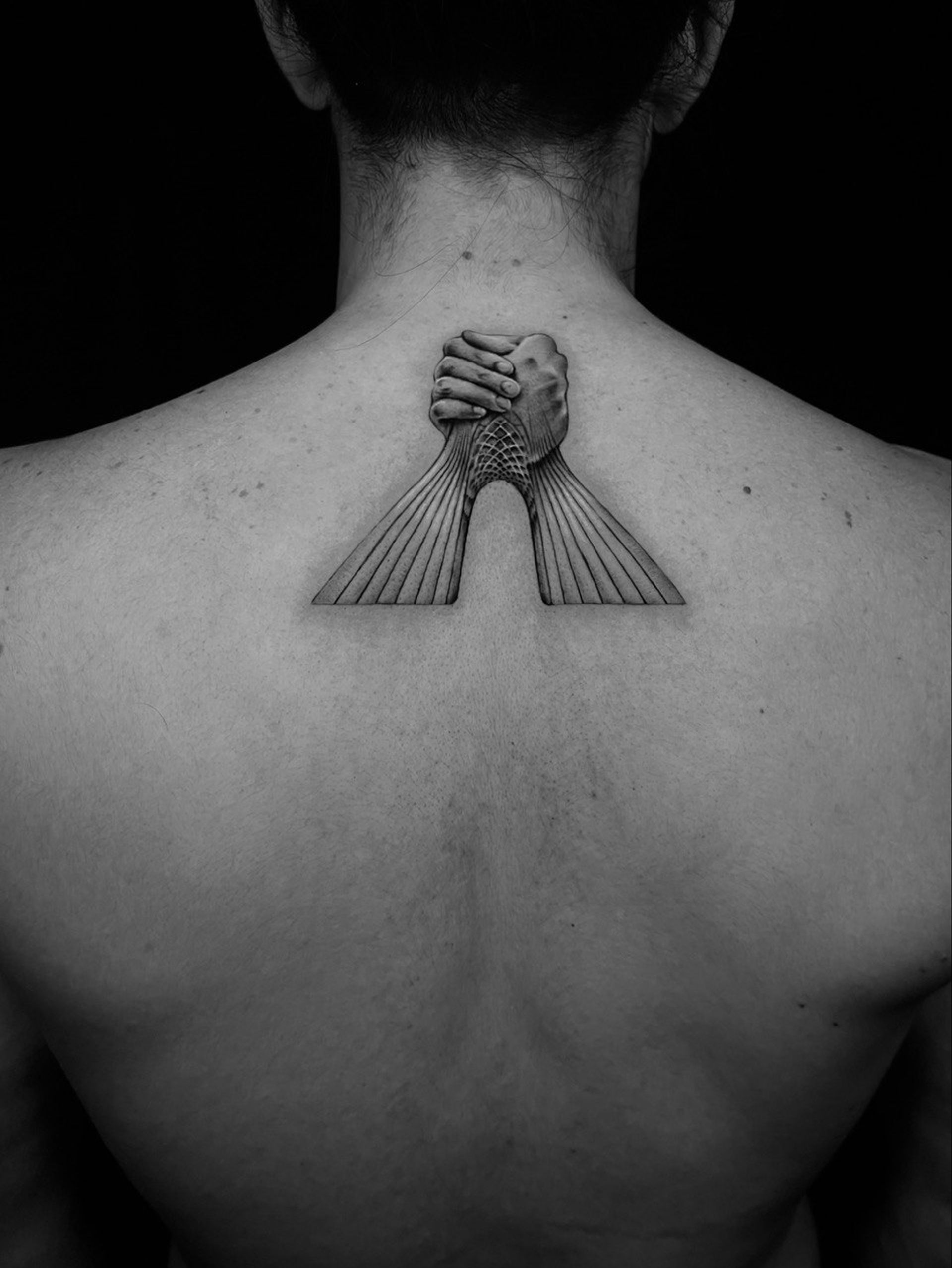More than 500 works were submitted last year after protests swept the country
23 January 2023
Share
An online 3D exhibition in support of protestors in Iran has gone live featuring works by more than 50 artists, with more than half of them based in Iran. The virtual project, named after the “Woman, Life, Freedom” movement, is organised by Mozaik Philanthropy—a Los Angeles-based foundation—as part of its Future Arts Awards programme. The images reflect and draw on the deteriorating human rights situation in Iran following the death of Mahsa Amini in September.
“All the artwork is shown anonymously out of sensitivity for the severe security concerns for the artists inside Iran and in solidarity with all those who have and continue to risk their lives for freedom,” says an online statement from Mozaik Philanthropy.
“Fifty artists were selected by a jury of artists and arts professionals to receive Future Art Awards. This award cycle came with $1,000 artist honorariums, which we sent directly to artists. Of the winning 50 artists in the exhibition, over 50% are artists inside Iran. Of the winning 50 artists in the exhibition, over 80% are women artists,” Keely Badger, the executive director of Mozaik Philanthropy, tells The Art Newspaper.
The jury conducted a blind review of more than 500 contemporary works submitted from artists worldwide between October and November last year. The jury members are Shiva Balaghi, a Middle East scholar at the University of California Santa Barbara, the Iranian-born artist Arghavan Khosravi and Neda Nobari, the founder of Mozaik Philanthropy.
Our open call for submissions came as a direct response to Iranian protesters asking us to amplify their voice at the onset of the revolution in September. Mozaik Philanthropy immediately launched an emergency open call out for art inspired by the slogan ‘Women Life Freedom’, intended to create a global collective of solidarity through the power of art,” says Badger.
The online exhibition again puts the spotlight on human rights abuses in Iran following the death of Amini in September. Amini died in an Iranian hospital after being detained by the regime’s morality police for allegedly not complying with the country’s hijab regulations. Her death sparked ongoing mass protests in Tehran and cities across Iran as well as protests across the globe.
Mozaik Philanthropy was founded in 2007 as the “Neda Nobari Foundation”, after its founder, the Iranian-American activist Neda Nobari. “We became Mozaik Philanthropy in 2020 at the onset of the pandemic, shifting our philanthropy to democratise grantmaking in the arts by supporting artists impacted by the pandemic,” Badger says.

According to a CV published on the San Francisco State University Foundation website, Nobari emigrated from Iran to the United States in 1978. “After a brief career as a software engineer, Nobari switched to the fashion industry, building the global fashion brand bebe stores, Inc from 1984 to 2006,” says the statement.


